- What is the NRI Life Insurance Plan and Why Do NRIs Need It?
- Eligibility Criteria for NRI Life Insurance Policy
- What Are the Different Types of NRI Life Insurance Policies?
- Best NRI Life Insurance Term Plan in India
- How to Buy an NRI Life Insurance Plan in India?
- Documents Required to Buy an NRI Life Insurance Plan
- Premium Payment Options for NRIs
- Claim Settlement Process for NRIs
- Tax Benefits for NRIs on Life Insurance
- Final Thoughts
In the complex journey of life, uncertainties often remain around the corner. Having life insurance helps us protect our loved ones from unexpected situations. For non-resident Indians (NRIs) who have moved out of India to fulfill their dreams, financial security becomes even more important. It is where the NRI life insurance plays a key role. These plans are designed to provide safety and peace of mind for individuals residing outside India.
In this blog, you will read all about the NRI life insurance plan, its benefits, eligibility, and regulations for getting an NRI life insurance in India, and more. Read on, gather all the information, and choose a plan that meets your specific needs.
- NRI life insurance plans are designed to meet the unique needs and financial circumstances of NRIs.
- Based on the financial goals and requirements, different insurance plans are available for NRIs.
- While buying an insurance plan, compare different plans based on policy term, premium, coverage needs, turnaround time, and claim settlement ratio.
- There are different premium payment options available for NRIs, such as NRE, NRO, and FCNR accounts.
- NRIs also get tax benefits in India through their life insurance plan.
What is the NRI Life Insurance Plan and Why Do NRIs Need It?
NRI life insurance plans are designed for NRIs living outside India. These insurance policies are crafted to meet the unique financial circumstances and needs of NRIs. These plans provide financial protection to the families and dependents of NRIs in the event of the policyholder's death.
The life insurance plan for NRIs comes with features that support their global lifestyle, identifying the challenges they face. It includes varying regulations and currency fluctuations across different countries. The primary objective of these plans is to provide a financial safety net for NRIs and their families, regardless of where they live.
Further, NRIs also benefit from several additional features of life insurance plans in India. Read on to know more:
- If something happens to you, the life insurance policy certifies that, financially, it will take care of your family, no matter where you live.
- It is a great tool for efficiently passing your wealth to your heirs and getting potential tax benefits.
- If you have a home loan or other liabilities, you can cover those obligations with your life insurance plan.
Now that you are clear on what an NRI life insurance policy is and why NRIs need it, let's know about the eligibility criteria for it.
Eligibility Criteria for NRI Life Insurance Policy
Here is the eligibility criteria for an NRI life insurance policy:
| Eligibility Criteria | Details |
|---|---|
| Residential Status | Should be an NRI |
| Age Range | Typically between 18 to 65 years (may vary as per the insurance plan) |
| Policy Term | 5 to 40 years (based on the term insurance plan) |
| Premium Payment Term | Flexible (Regular, Single, or Limited Pay) |
| Currency of Premium | Foreign currency accepted |
| Medica Examination | Generally required for a sum assured more than an age or threshold limit |
| Income Proof | Required documentation for income verification |
| Residence Country | Consideration of specific regulations and compliance with the resident country |
| Sum Assured | Varied based on policy type, age, and income |
| Policy Type | Options include endowment, term insurance, Whole Life, ULIPs, etc. |
| Premium Payment Mode | Quarterly, Monthly, Semi-Annual, Annual |
This was all about the eligibility criteria of the NRI life insurance plan. Moving ahead, let's know the different types of life insurance policies available for NRIs in India.
What Are the Different Types of NRI Life Insurance Policies?
There are several types of NRI life insurance policies as per the diverse preferences and needs of NRIs. Here we have mentioned the common types of life insurance plans for NRIs:
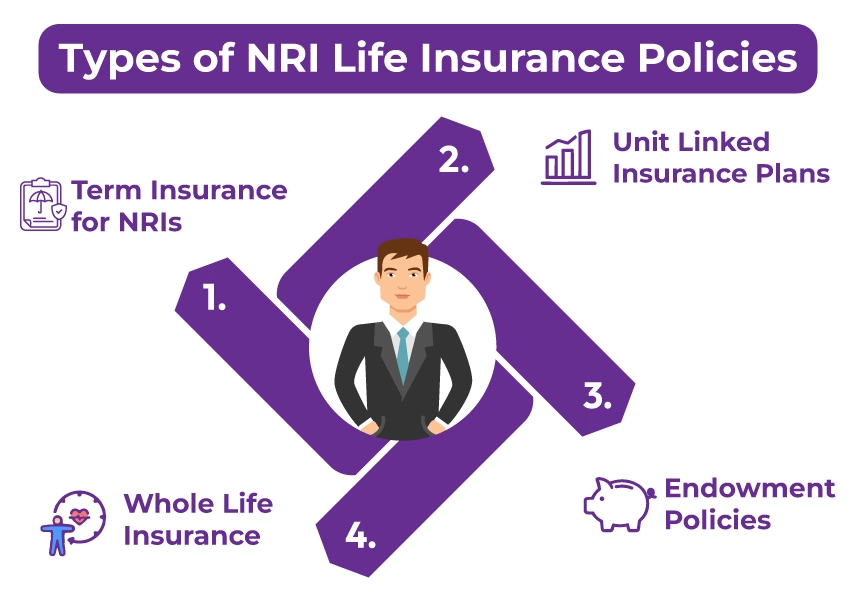
- Term Insurance for NRIs
- For a specified term, it provides pure life coverage.
- If the policyholder passes away, the death benefit is paid out during the policy term.
- In case the policyholder survives the term, no maturity benefit is provided.
- Usually, it is more affordable than other life insurance types.
- Unit Linked Insurance Plans (ULIPs)
- These plans are insurance-cum-investment plans that offer market-linked returns and flexibility.
- According to risk appetite, policyholders can switch between funds.
- Combines life insurance with investment in debt funds and equity.
- Have the potential for higher returns but include market risks.
- Whole Life Insurance
- It provides coverage for the policyholder's entire lifetime.
- Whenever the policyholder passes away, the policy pays a death benefit to the policyholder's nominee.
- Over time, it may accumulate cash value that can be borrowed.
- Endowment Policies
- The policy plan offers both a savings component and life coverage.
- Upon the policyholder's maturity or death, whichever occurs first, pay a lump-sum amount.
- Combines savings and protection, making it an ideal option for long-term financial goals.
These were some of the different types of NRI life insurance policies. Moving on, let's look at the best life insurance term plan available to NRIs in India.
Best NRI Life Insurance Term Plan in India
Here is the list of the best NRI life insurance term plans in India:
| Name of the Company | Plan Name | Entry Age | Sum Assured |
|---|---|---|---|
| HDFC Life Insurance | Click 2 Protect Super | Minimum 18 years to a maximum of 65 years |
INR 50,00,000 to INR 20,00,00,000 |
| Bajaj Allianz Life Insurance | eTouch | Minimum 18 years to a maximum of 55 years | INR 50,00,000 to INR 10,00,00,000 |
| TATA AIA Life Insurance | Sampoorna Raksha Supreme | Minimum 18 years to a maximum of 60 years | INR 1,00,000 to no limit |
| Kotak Life Insurance | eTerm Plan | Minimum 18 years to a maximum of 65 years | INR 51,00,000 to no limits |
| Max Life Insurance | Smart Secure Plus | Minimum 18 years to a maximum of 65 years | INR 25,00,000 to INR 10,00,00,000 |
| ICICI Prudential Life Insurance | iProtect Smart | Minimum 18 years to a maximum of 60 years | INR 25,00,000 to INR 10,00,00,000 |
| AEGON Life Insurance | iTerm Comfort | Minimum 18 years to a maximum of 65 years | INR 25,00,000 to INR 1,25,00,000 |
These were the top NRI life insurance plans in India. Moving ahead, let's know how NRIs can buy one in India.
How to Buy an NRI Life Insurance Plan in India?
Below are the steps for buying the right NRI life insurance plan:
- Step 1: Compare all the term insurance plans offered by the life insurers in India that allow NRI applicants.
- Step 2: Based on your coverage needs, premium affordability, turnaround time, policy term, and claim settlement, choose a plan.
- Step 3: Complete the application form online, including personal, financial, and occupational details.
- Step 4: Upload the scanned copies of the requested documents. It includes your passport, visa, address proofs, photographs, and income proofs.
- Step 5: As stated by the life insured in India, complete a medical test. Further, some insurers, through partner clinics abroad, also arrange medical check-ups.
- Step 6: Using the international online payment options stated by the life insurer, pay the premium.
- Step 7: Once the documents and medical reports are verified and the payment of the premium is done, you will get the policy digitally. Further, you will also receive the soft copy of the policy at your registered email ID.
This is how you can buy the right NRI life insurance plan online. Additionally, it is advisable to go through all the terms and conditions of the policy. Also, if required, take the help of a financial advisor. Moving further, let's know the documents required while buying an insurance policy.
Have questions? Connect with Savetaxs and solve all your doubts about NRI investments.
Documents Required to Buy an NRI Life Insurance Plan
While purchasing an NRI life insurance policy in India, you are generally required to submit certain documents along with your application. These documents further help the insurance provider to know whether you are eligible for the policy or not. Additionally, it also assists them in determining your risk profile. Further, let's know the common papers you need to submit while buying the insurance plan:

- Identity Proof: Passport, OCI card
- Income Proof: Income tax returns, salary slip
- Age Proof: Birth certificate, passport
- Medical Reports: Medical examination report and certificate from the doctor in case of any specific medical condition that should be disclosed.
- Application Form: With general information and policy regulation dully filled proposal or application form.
- Details of Nominee: Information of the chosen nominee, including their name, relationship, and contact details.
- Any other additional documents requested by the insurance company.
This was all about the documents required to buy life insurance plans in India. Moving ahead, let's look at the premium payment options available to NRIs.
Premium Payment Options for NRIs
The table below shows the different modes of payment for life insurance premiums available for NRIs:
| Payment Mode | NRE Account | NRO Account | FNCR Account |
|---|---|---|---|
| Allowed by Insurance Companies | Yes | Yes | Yes |
| Currency | INR | INR | Foreign Currency |
| Repatriability | Fully Repatriable | Partially Repatriable | Fully Repatriable |
| Taxability | Tax-free | Taxable in India | Tax-free |
| Exchange Rate | Prevailing rate on payment date | Prevailing rate on payment date | Prevailing rate on payment date |
| Remittance Charges | Applicable may be | Applicable may be | Applicable may be |
| Minimum Deposit | According to the bank | According to the bank | According to the bank |
So, this was all about the payment options available for NRIs to pay life insurance premiums. Moving on, let's look at how NRIs can settle the claim process.
Claim Settlement Process for NRIs
When an NRI policyholder unfortunately passes away during the policy term, the beneficiary/nominee should initiate the life insurance claim. Considering this, you should inform the insurer within 90 days of the policyholder's demise. Additionally, submit the requested documents such as a death certificate, purchase proof, accident reports or medical records, and identity evidence through offline/ online modes.
Further, the insurer will first investigate the cause of the death, thoroughly check the documents, and may interview you before processing the request based on merit. Once the insurer is satisfied, generally, the settlement is made within 1-2 months as per the policy terms.
It is how the claim settlement process works for NRIs. Now, moving ahead, let's know the tax benefits NRIs get with a life insurance policy in India.
Tax Benefits for NRIs on Life Insurance
Under Indian law, through term insurance, NRIs also get tax advantages. Under Section 10(10D), of the Income Tax Act, 1961, the death benefits of the nominee are completely exempt from taxes. Additionally, the insurance premium you pay towards the term life insurance is also eligible for tax deduction under Section 80. Under this, you can claim up to INR 1,05,000 per year tax deduction on your insurance premium.
However, the tax exemptions come with some conditions. These are as follows:
- If the policy was bought on or after April 1, 2023, the total annual premium should not be more than INR 5,00,000.
- Between April 1, 2012, and March 31, 2013, the policy issued should have an annual premium within 10% of the sum assured.
- Older policies (before March 31, 2012) should have a premium threshold of 20% of the sum assured.
Further, let's know the TDS and repatriation of the claim amount.
TDS and Repatriation of Claim Amount
With a source-of-funds letter, many insurers transfer payouts to the nominee's NRE account. Under section 10(10D), if your policy qualifies for tax exemption on death benefits, no TDS will be deducted.
In case the policies do not comply with the conditions of Section 10(10D), under Section 195, face TDS. Moreover, any interest arising from delayed claim settlement is taxable under the head of "income from other sources."
Additionally, foreign residents can eliminate or reduce TDS under a Double Taxation Avoidance Agreement (DTAA). For this, you must have:
- Submit e-filed Form 10F
- Provide a tax residency certificate (TRC) from the country where you currently reside.
Lastly, the policyholder's death benefits may be exempt from taxes in India; however, they may still be taxable in the country where you currently live. For better understanding, it is advisable to consult a tax expert with a clear understanding of cross-border taxation.
Specialized finance and tax consultants with a deep understanding of NRI taxation laws.
Final Thoughts
Lastly, an NRI life insurance plan is an essential financial safety net. It provides them with cross-border protection at insurance premiums 30-50% lower than global plans. Additionally, with the right documents and a few simple steps, you can purchase and manage your insurance policy from overseas while securing your family's financial future.
Further, if you are facing issues in understanding cross-border taxation, connect with Savetaxs. We have a team of expert tax advisors who can help you out with your tax obligations and assist you in your tax planning.
Note: This guide is for informational purposes only. The views expressed in this guide are personal and do not constitute the views of Savetaxs. Savetaxs or the author will not be responsible for any direct or indirect loss incurred by the reader for taking any decision based on the information or the contents. It is advisable to consult either a CA, CS, CPA, or a professional tax expert from the Savetaxs team, as they are familiar with the current regulations and help you make accurate decisions and maintain accuracy throughout the whole process.

Mr. Ritesh has 20 years of experience in taxation, accounting, business planning, organizational structuring, international trade financing, acquisitions, legal and secretarial services, MIS development, and a host of other areas. Mr Jain is a powerhouse of all things taxation.
- PIS vs. Non-PIS: The Best Stock Investment Options for NRIs in India
- NRI Investment in SGrBs Through IFSC
- A Complete Guide to Investing in Gold for NRI in India
- Foreign Investment Opportunities for NRIs: RBI FEMA Rules for Derivatives
- Sending Money to India from Abroad: A Complete Guide for NRIs
- Registering a Will in India: Key Tips for NRIs
- The Hidden Tax Burden of Investing in US Stocks for Indian Investors
- Investing in REITs as an NRI in India- Complete Guide
- NRI Succession Certificate: A Guide to Inheriting Property
- Top 5 Problems NRI Face While Investing In India
Want to read more? Explore Blogs
Frequently Asked Questions
No matter what your source of income is, we've got you covered. There’s a plan for everybody!
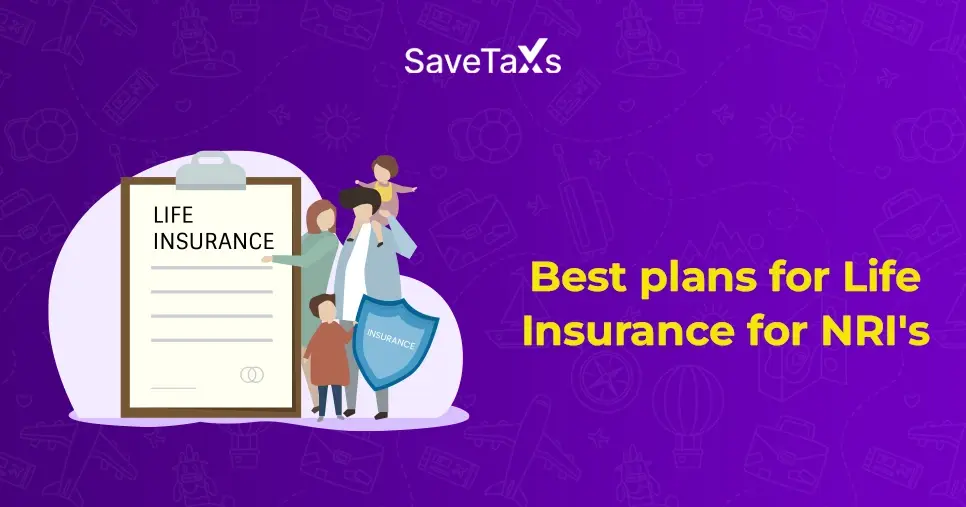

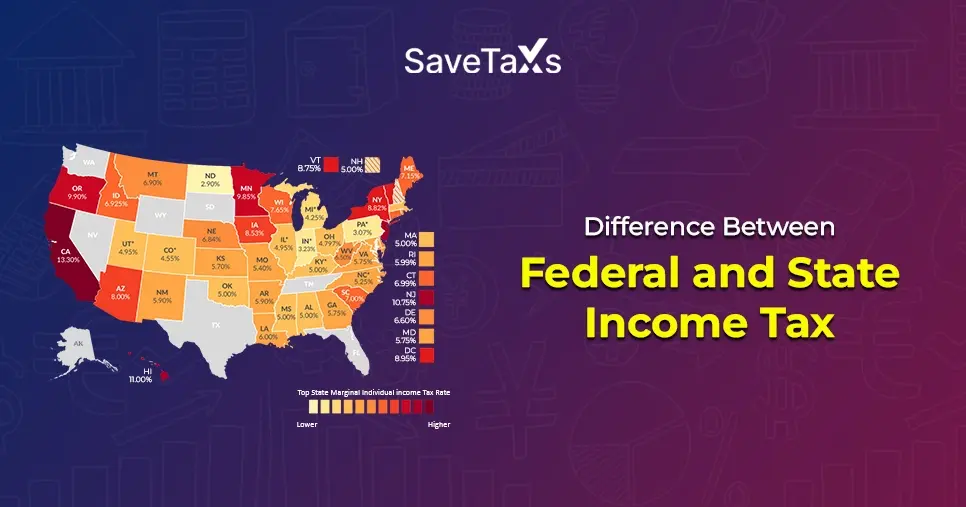
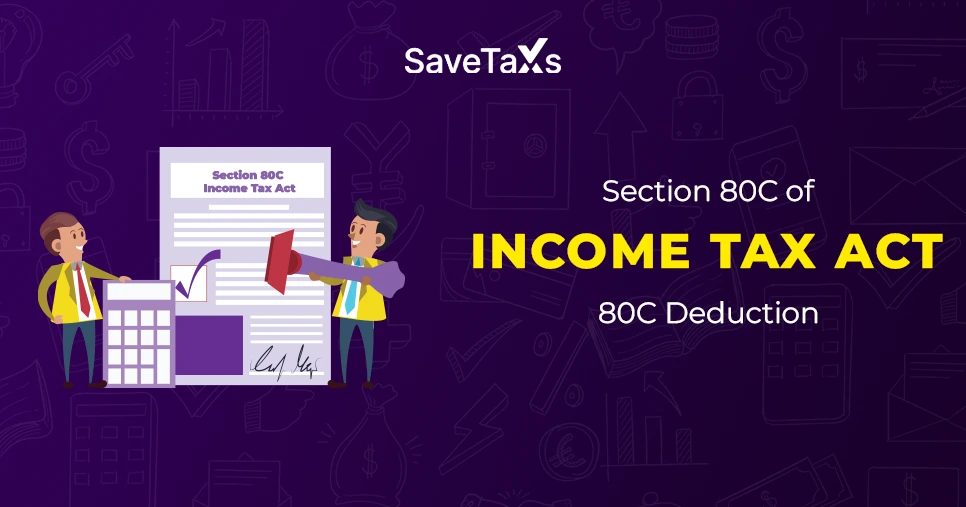
_1766742512.webp)

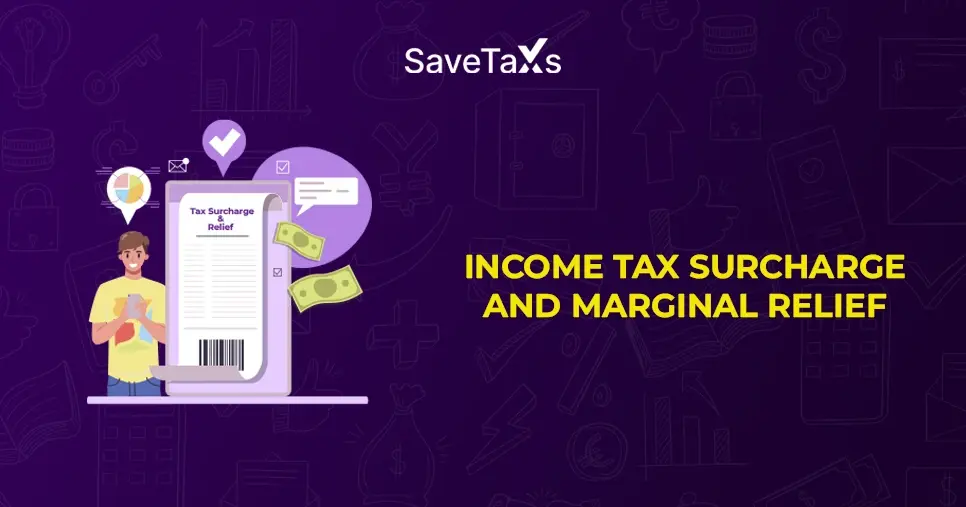
(i)-Of-The-Income-Tax-Act_1756812791.webp)
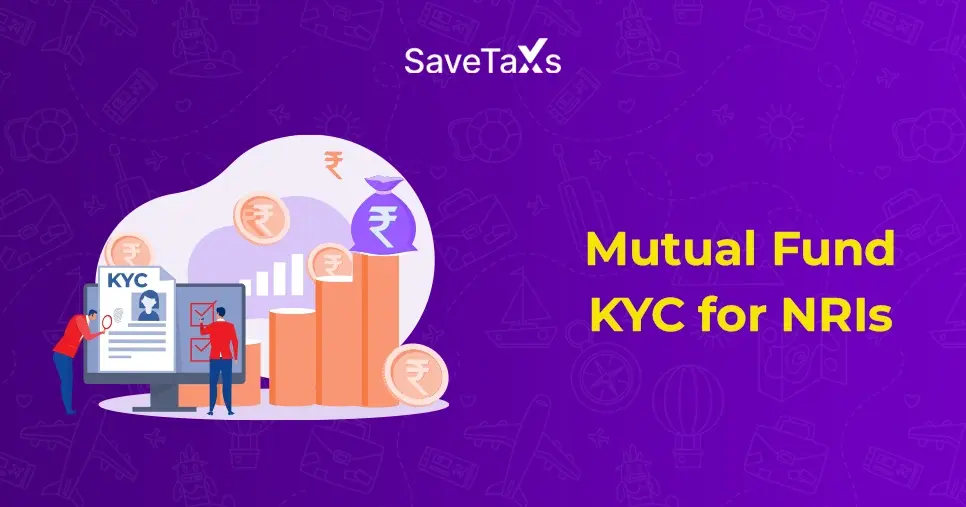
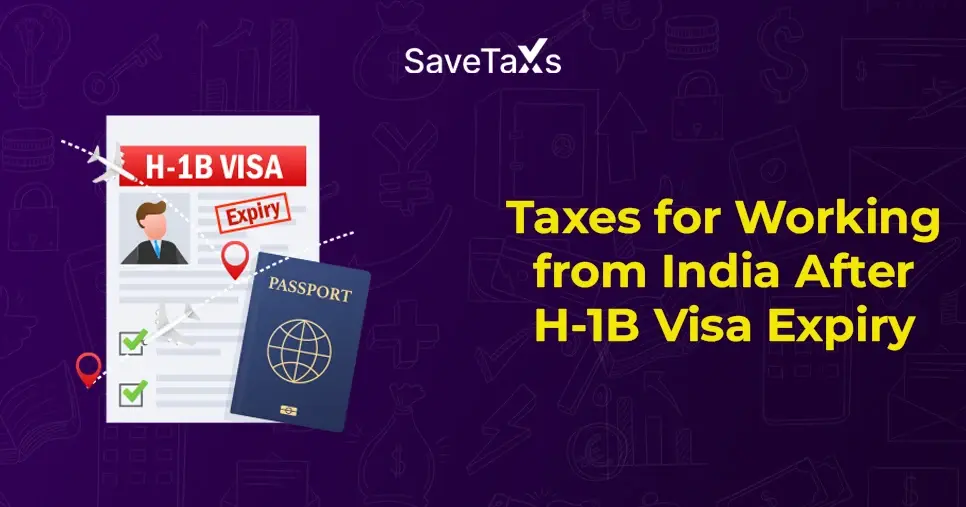
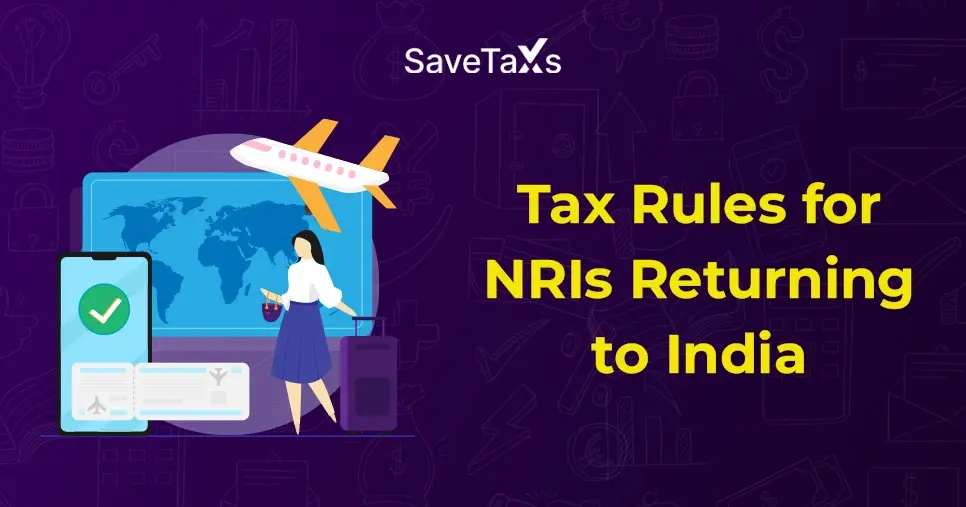
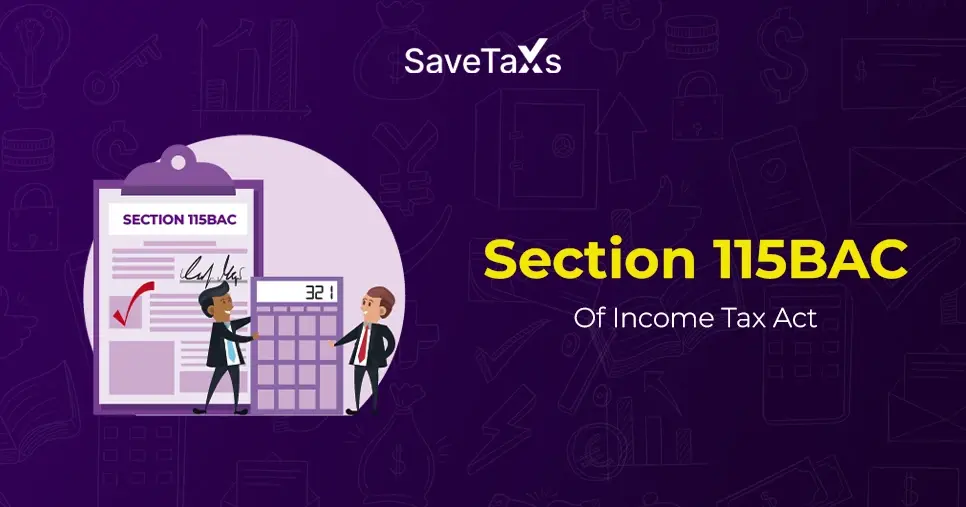
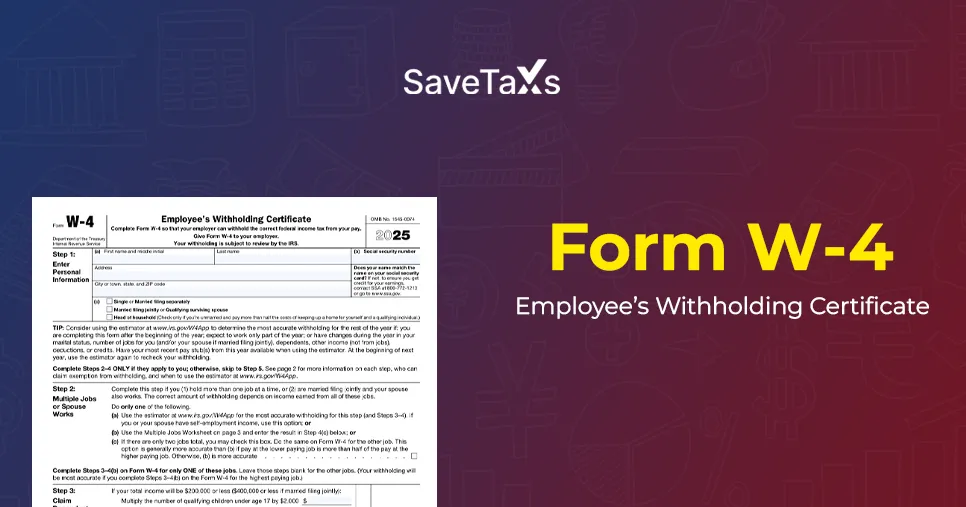
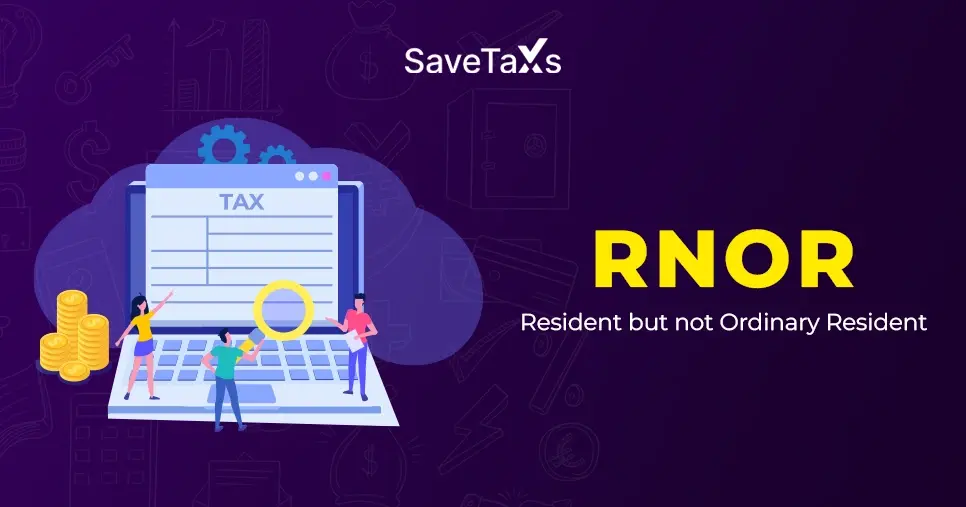
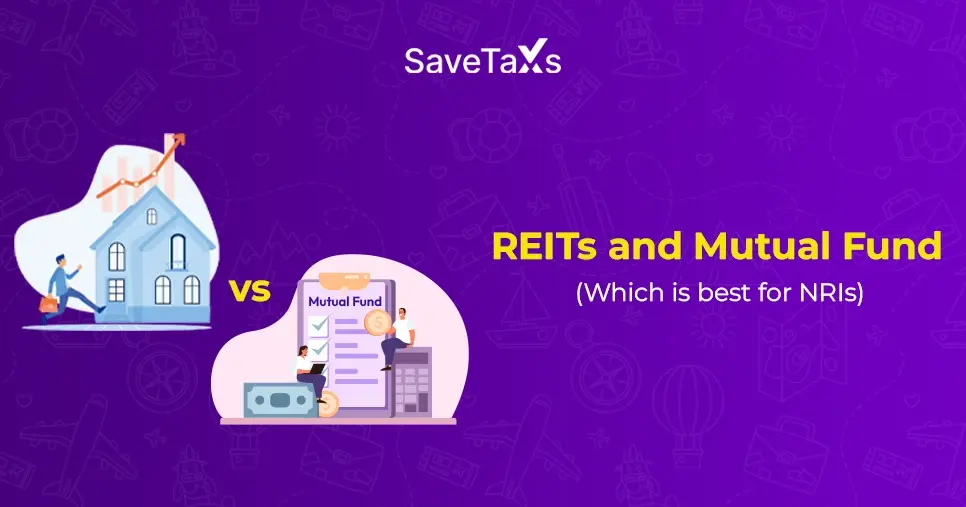
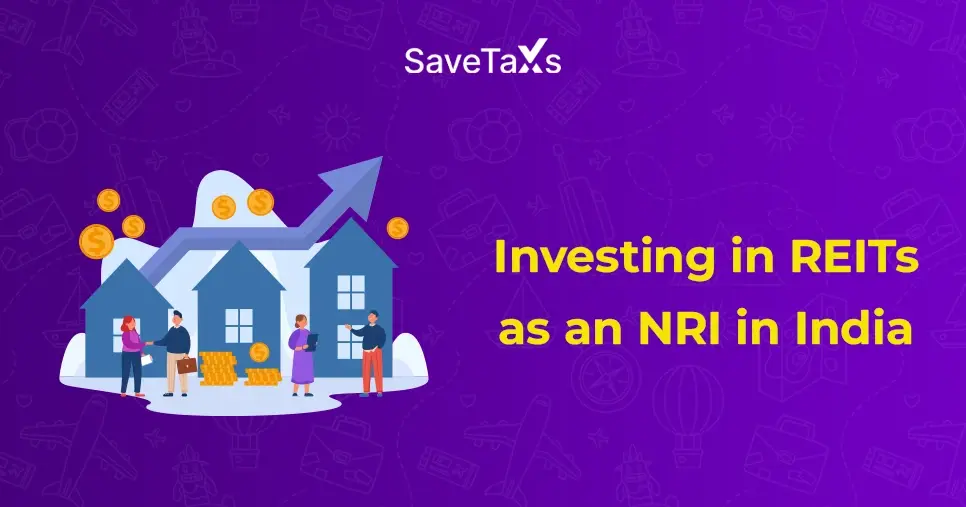
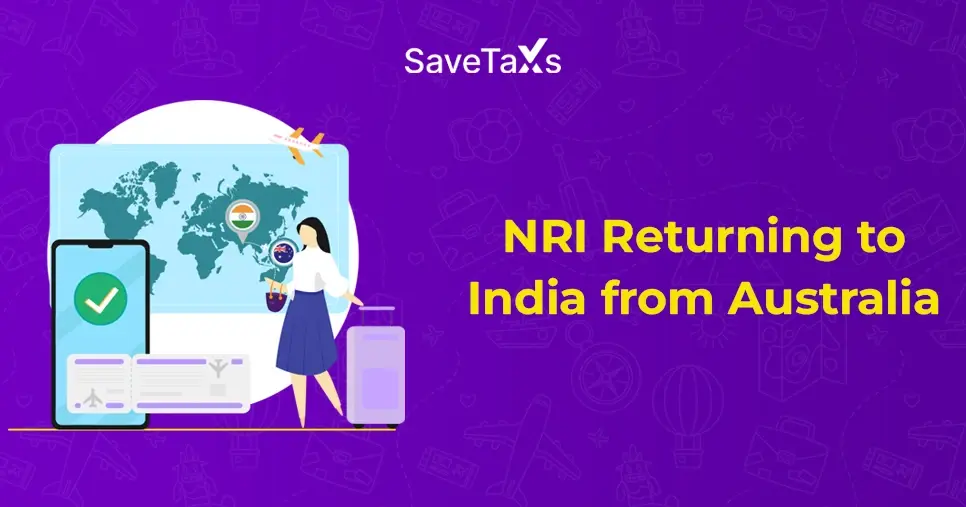
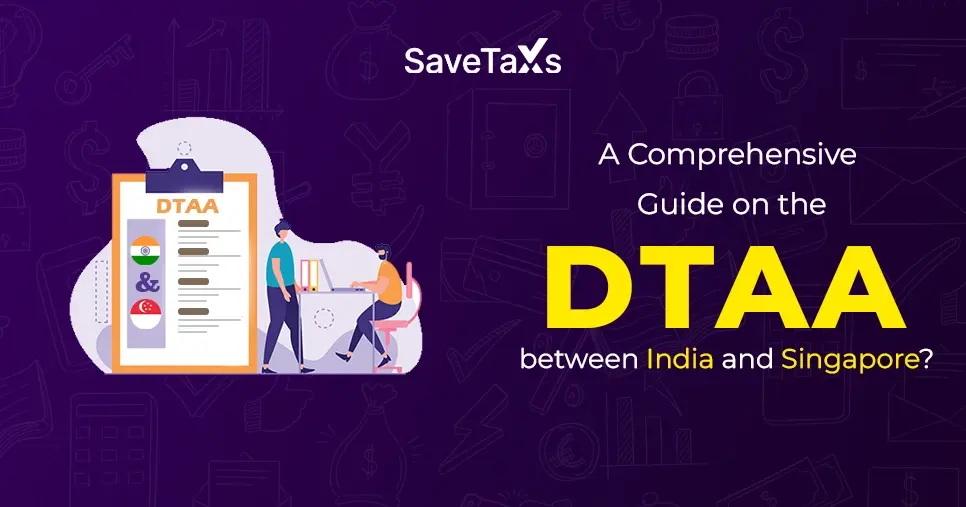
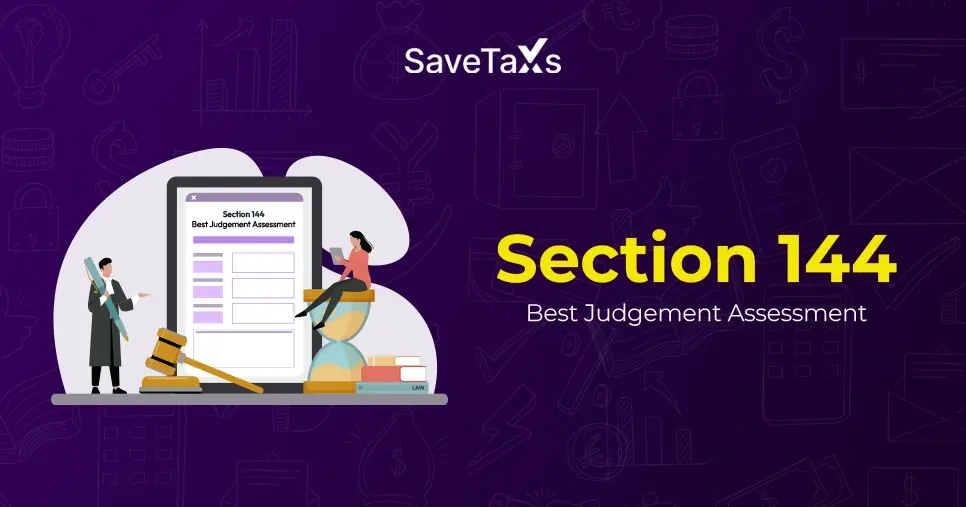

_1766059659.webp)